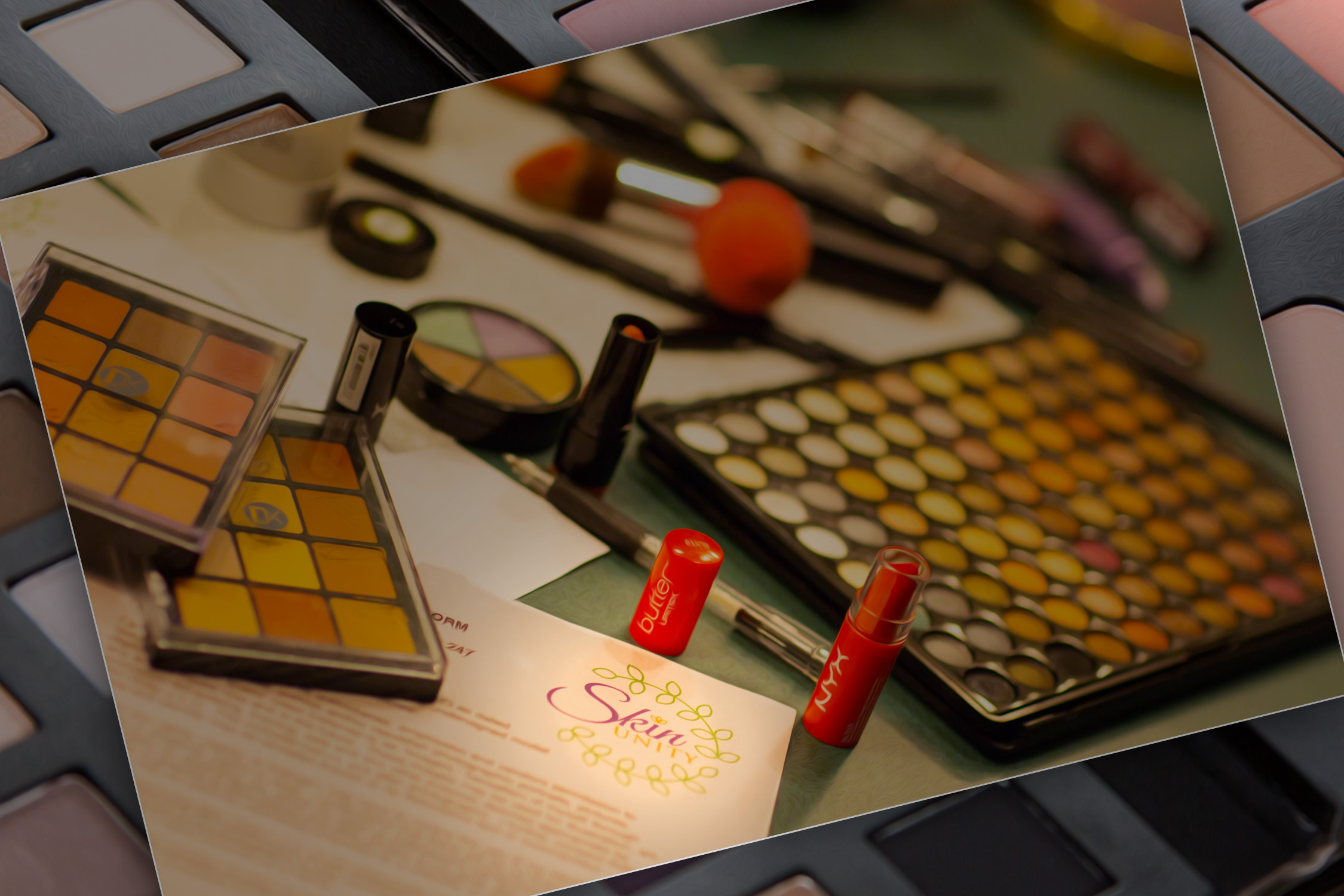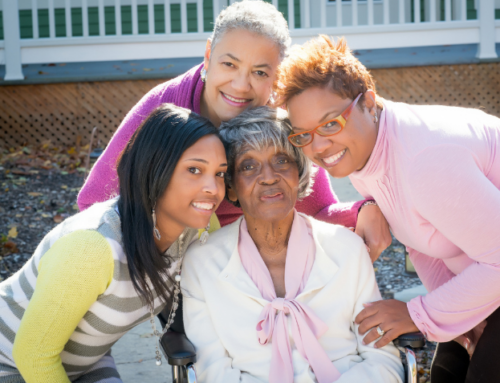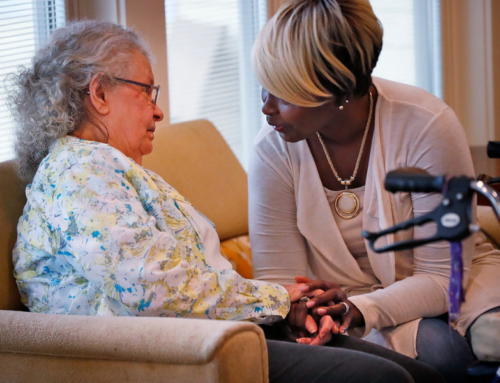
10 THINGS TO REMEMBER ABOUT HEALTHY SKIN
Skin … Skin … Skin
It protects us; it is our first line of defense.
It absorbs: vitamins, acids, water and oxygen.
It excretes; it is the body’s largest waste removal system.
It secretes a mixture of oils that keeps the skin soft and supple.
It regulates our body’s temperature by sweating and cooling the body or developing goosebumps when the body is cold.
It provides sensation by millions of nerve endings that detect heat, cold, pain and pressure.
Our skin provides these six functions every day. It’s important to keep your skin healthy so it can do its jobs. Here are 10 tips to help keep our skin healthy. These are not listed in any special order, since our skin care needs are so personal. Enjoy seeing how many tips you already are applying.
- Use sunscreen. One of the most important ways to take care of your skin is to protect it from the sun. Look for a broad spectrum sunscreen with atleast SPF 15. Makeup with SPF included in the formula is not good enough. Why? Because I bet you are not putting it on your ears, neck, lips, arms and hands. Make sure you are applying a professional grade sunscreen that matches your skin type, your Fitzpatrick skin type (they are different), your length of stay in the sun and whether you need waterproof or not. It’s not just a matter of picking the prettiest bottle on the drug store shelf. There are more important factors to consider: possible side effects from medication, compromised skin, sensitive skin or rosacea. Take time to see an esthetician or a dermatologist to get this personal evaluation. (See my blog at my website for more details on sunscreen).
- Cleanse am and pm. Simple, right? Not so simple when you are climbing into bed at 3:30 a.m. after a weekend night on the town. RESIST the temptation to go to sleep with makeup on. Your skin needs a break every night from all the products of the day.
- Extra cleanse. After mowing the lawn on a humid day, working out at the gym, or sitting in the hot mid-day sun for your daughter’s soccer game, use a gentle rinse or facial cleanser towelette to remove the sebum or sweat from your face. When the sebum is allowed to dry on your face, it increases the chance of a breakout. The dried sebum can block the follicles (some call them pores) on your face and cause dead skin cells, more sebum and bacteria to be trapped in the facial follicle. This can lead to inflammation, black heads and white heads.
- Moisturizers do more than treat dry skin. One of the most vital actions of moisturizers is that they increase the water content of the stratum corneum or the surface skin. Moisturizers can also protect sensitive skin, improve skin tone and texture, and mask imperfections.[1] They also act as a temporary barrier against pollution, bacteria, free radicals and more.
- Healthy diet. Eating healthy can have a big impact on our skin. Before my clients purchase any skin care products attempting to achieve certain skincare goals, I encourage them to take an honest look at their diet. Are they drinking a lot of soda? Are they eating processed foods or fried foods? If so, I suggest cutting those out of the diet to see if the health of their skin improves. Adding fruits and vegetables can positively improve your skin health. This advice is especially true for skin challenges such as acne, rosacea and sensitive skin; these conditions can improve or worsen depending on one’s diet.
For instance, one important substance that is healthy for our skin is antioxidants. While our body makes some antioxidants, we need more antioxidants from foods we eat. Antioxidants help stop or slow down oxidation. Even though oxidation is a normal biological process, when there is too much oxidation, a series of biochemical reactions occur that result in damage to cells, tissues and skin. What can I include in my diet to add antioxidants? Colorful fruits and vegetables such as goji berries, wild blueberries, kidney beans, carrots, sweet potatoes and more. One of my favorite vegetables to eat or to put in my daily morning smoothies is spinach.
- Avoid popping your pimples. If you look in a mirror and see a whitehead, resist the urge to pop it. Let it run its course. Why? Several good reasons. First, what you are seeing on the surface of the skin is just the tip of the iceberg. Dr. Mark Lees, dermatologist, professor and author explains that the dead skin cells are bound together by sticky and solidified sebum. These dead skin cells clump together in the bottom of skin follicles; the clumping is called microcomedo. These “clumps” are the beginning of all acne lesions. They are so small and cannot be seen with the naked eye. From this clumping stage, more dead cell buildup occurs and more sebum is excreted. [2] Microcomedo starts filling the follicle. When you pop your zit by putting pressure on the top, you are pushing the rest of the contents further down the follicle, only to build up more under pressure, cause redness, soreness and take longer to heal. Second, by popping your zit incorrectly, you can spread bacteria on other parts of your face. Third, you can cause scarring. Fourth, you can cause PIH, also known as post-inflammatory hyperpigmentation. PIH is actually brown spots that will occur at the site of the pimple if care is not given to pressure and gentleness to the skin.
- Make sure to completely rinse all the hair products off your skin before getting out of the shower. It is not uncommon for me to see breakouts in the hairline. The breakouts are usually small pimple-like bumps caused by residue of shampoo, conditioner or hair mask products.
- Removing the dead skin cells on the surface of your skin is the easiest way to have younger looking skin. There are two types of exfoliants: mechanical or chemical. Mechanical exfoliants physically remove the dead skin cells. For example, using a facial scrub, exfoliating mask or a gommage. Chemical exfoliants dissolve the dead skin cells on the skin surface. These chemical exfoliants can penetrate into the follicles helping with the clumps. They are primarily acids or enzymes. See an esthetician or dermatologist to see which is best for your skin and your personal skin care goals.
Be cautious when using exfoliators. Although they are the easiest way to have younger looking skin, if over used or the wrong exfoliator is used, damage to the acid mantle on the skin can take place. You can strip off too many surface cells including the barrier lipids. Damaging the barrier could allow penetration of irritants that lead to inflammation and redness. Your skin could have patches of dryness, flakiness, itching and stinging. If this occurs, discontinue any exfoliators until skin has healed.
- Use room temperature water at all times on your skin. It is a myth that the temperature of the water “opens” or “closes” the pores of your skin. I was taught as a teenager to wash with hot water and rinse with cold water. The hot water was supposed to “open” the pores and allow the cleanser to get deep into the follicles. The cold water supposedly “closed” the cleansed pores. NOT TRUE. As I later found out, it is the wetness of the water, not the temperature. According to Dr. Mark Lees, MD, “Pores do not open and close like gates. Water is the magic, not the heat. Pre-wetting the skin before applying a cleanser will help do a better job loosening sebum and debris.” Hot water irritates the skin and dilates blood vessels. Cold water can cause issues for rosacea skin and is unpleasant.[3]
- Drink water! A fascinating study documents how important water intake is to our skin. “Higher water inputs in one’s regular diet might positively impact normal skin physiology, as expressed by its hydration and biomechanical behavior, and in particular in those individuals with lower daily water consumptions.” The study also found that the skin water balance is particularly the case for the elderly or obese, since dry skin is a consistent complaint. Reading this study was so exciting! (Skin nerd right here).
Keep your summer skin safe & put your best face forward.
“Every one with skin.”
Mary Duerden
Esthetician, International Makeup Artist
Skin Unity, LLC
[1] “Moisturizers: The Slippery Road.” Sethi, A., K. Tejinder, and Gambhir, ML. Indian J Dermatol. 2016 May-June; 61(3): 279-287.
[2] The Skin Care Answer Book, Mark Lees, 2011. P. 154.
[3] The Skin Care Answer Book, Mark Lees, 2011, p. 154.
[4] Dietary water affects human skin hydration and biomechanics, Palma, L. Marques, L., Rodrigues L., Clin Cosmet Investig Dermatol. 2015:8:413-421.
Sign-Up for the Joy's House Newsletter!
Join our community and get updates straight to your inbox.






